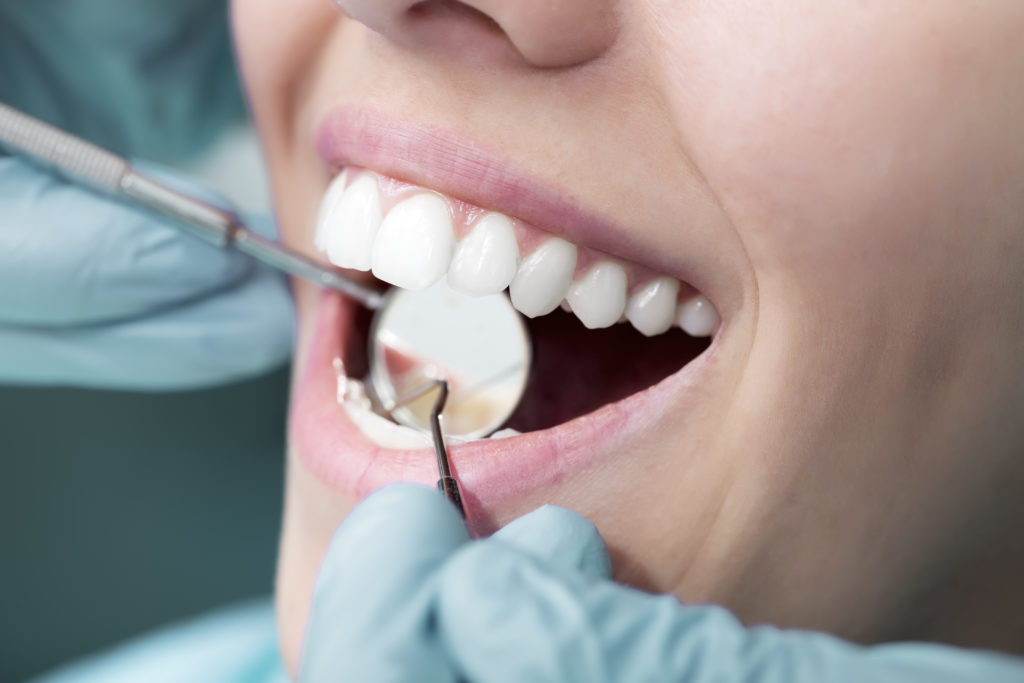

For some patients, moving forward with the dental implant process is more challenging than for others. Although dental implants are highly successful and have great long-term benefits, not everyone may qualify for treatment. However, with the help of supplementary treatments, patients who originally weren’t candidates have an opportunity to qualify.
With that in mind, which patients need supplementary treatments and why?
What is a Supplemental Treatment?
Supplemental treatments address oral health problems that threaten the success of dental implants. In order for you to have a successful implant procedure, it is crucial to have a healthy mouth.
Scheduling a consultation with Dr. Conness will help determine whether you immediately qualify for dental implants or if you need supplemental treatments. During this critical initial consultation, Dr. Conness will be able to conduct a thorough examination and determine what your needs are.
As mentioned, supplemental treatments are often necessary when an individual’s oral health has been compromised by poor health or pre-existing dental issues. Conditions such as gum disease, gum recession, and jaw bone deterioration can all impact the long-term success of your future implant solution. Supplemental treatments help solve and alleviate oral health problems which, in turn, increase a patient’s chances to qualify for dental implants.
Remedies
Some of the most common supplemental treatments performed at our Ottawa dental office are bone grafting and soft tissue augmentation – conditions that reverse side effects of bone and tissue loss. Ultimately, these solutions provide stability and support for the dental implant placement.
Bone Grafting
When a person experiences tooth loss, in time, the jawbone begins to deteriorate and damage the rest of the smile. For these patients, bone grafting is the ideal solution.
Bone grafting is a procedure that consists of Dr. Conness inserting bone tissue from another source to the affected area. By grafting it to the deficient areas of your jawbone, the tissue will integrate and help stimulate jawbone regrowth. Once healed, patients have sufficient bone strength to support dental implants.
Soft Tissue Augmentation
Much like bone grafting, soft tissue augmentation (gum grafting) uses donated tissue to restore areas of the gums that have been damaged by gum disease. During this procedure, soft tissue is typically taken from the roof of the mouth and grafting to the deficient area. Over the course of recovery, the new gum tissue will integrate into your gums and will help restore your smile.
Contact Our Ottawa Dental Practice
If you’re seriously considering dental implants but don’t know if you’re a candidate, contact Dr. Conness in Ottawa, IL. Scheduling a consultation with Dr. Conness will help us determine what steps to take in order to ensure you have a successful procedure. Our skilled team and doctor are here to help! We look forward to hearing from you!